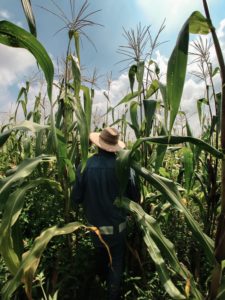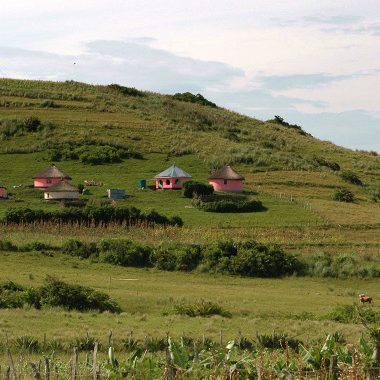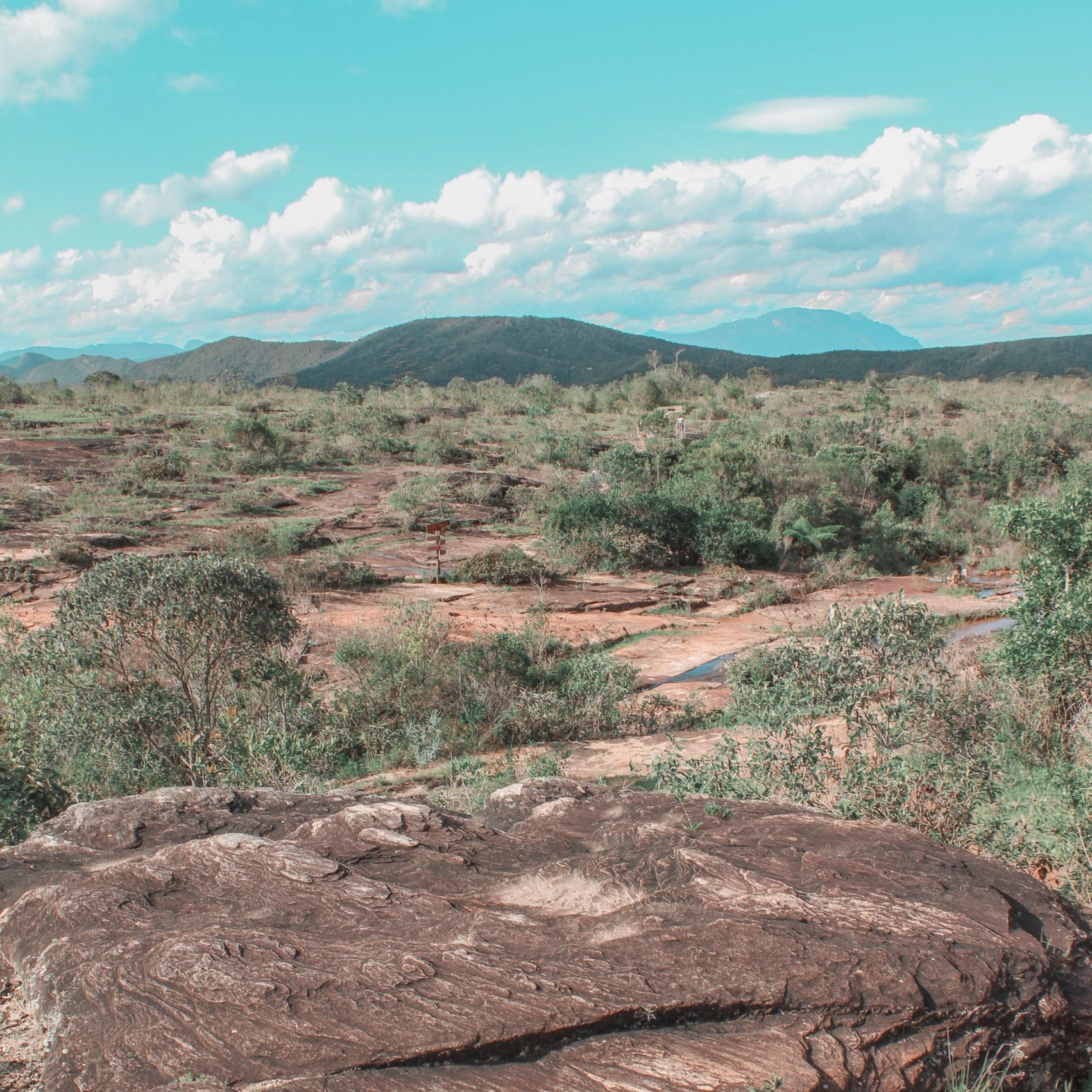LAPECS
Latin American Network of the Program on Ecosystem Change and Society
The Latin American Network of PECS (LAPECS) was created to enhance transdisciplinary research on social-ecological systems, bringing together science, policy and society in knowledge co-production processes oriented to address locally relevant problems of the Latin American region, while also informing global sustainability.
In Latin America there is a thriving community working on place-based social-ecological sustainability research (PBSESR). Multiple sustainability issues have been addressed, involving themes such as environmental management, community sustainable development, ecosystem services, biodiversity conservation, land cover change and climate change, the Amazon, and water river management (Calderón-Contreras et al. 2022). However, PBSESR in Latin America is loosely interconnected. Thus, one of the primary scopes of LAPECS is to build strong and long-lasting South-South linkages to enhance the contributions of this rich community to sustainability science, while keeping international connections in the context of large, international science and policy processes.
LAPECS was founded in 2022 by members of the South American Institute for Resilience and Sustainability Studies (SARAS) based in Uruguay and of the Social-Ecological Systems and Sustainability Research Network from Mexico (SocioEcoS). The network is conceived as a community of practice which builds on plurality and learning. It recognizes multiple ways of knowing and doing, and thus, it not only engages across multiple disciplines in academia (natural sciences, social sciences, humanities) but also across other actors, such as civil society, resource users, policy makers, and artists.
Objectives
- To enhance the development of transdisciplinary research on social-ecological systems in Latin America, focusing on existing social-ecological conflicts and promoting change and transformation towards sustainability in the region.
- To inform global sustainability and transformative policy with empirical evidence from Latin American visions, alternative methods for case studies and projects.
- To build strong and long-lasting South-South linkages to enhance sustainability science, while keeping an international focus in the context of global science and policy processes.
Key themes
The main research themes of the network are:
- Food systems,
- Water governance, and
- Transformative change,
with cross-cutting approaches focused on Methods; Arts-science and humanities; and Latin American visions.
Led by:
- Micaela Trimble – SARAS, Uruguay
- Rafael Calderón-Contreras – Universidad Autónoma Metropolitana, Mexico
Steering committee:
- Patricia Balvanera – Mexico
- Pedro R. Jacobi- Brazil
- Jorge Marcone – USA/Peru
- Azahara Mesa – Mexico
- María Perevotchikova – Mexico
- Cristiana S. Seixas – Brazil
Calderón-Contreras, R., Balvanera, P., Trimble, M., Langle-Flores, A., Jobbágy, E., Maass Moreno, M., Marcone, J., et al. 2022. A regional PECS node built from place-based social-ecological sustainability research in Latin America and the Caribbean. Ecosystems and People 18(1): 114. https://doi.org/10.1080/26395916.2021.2000501




